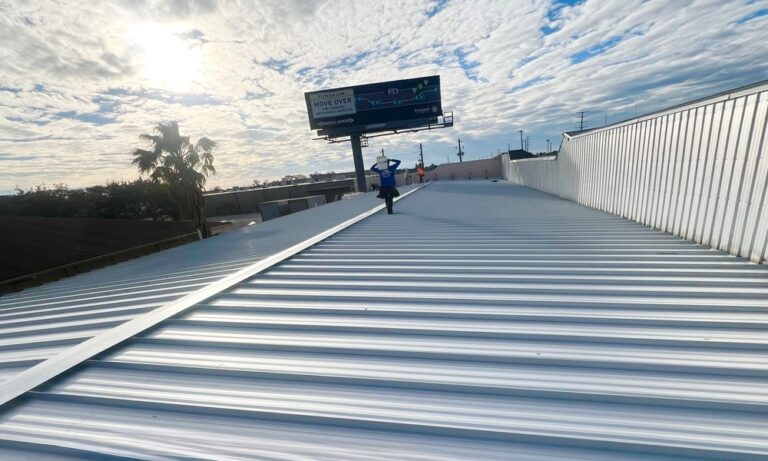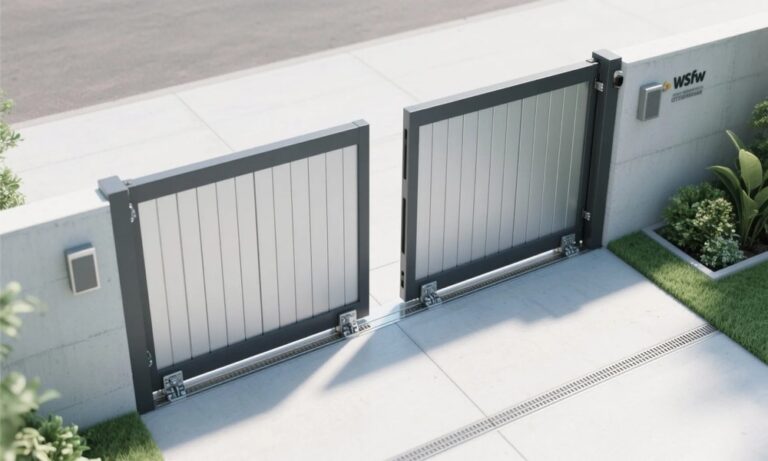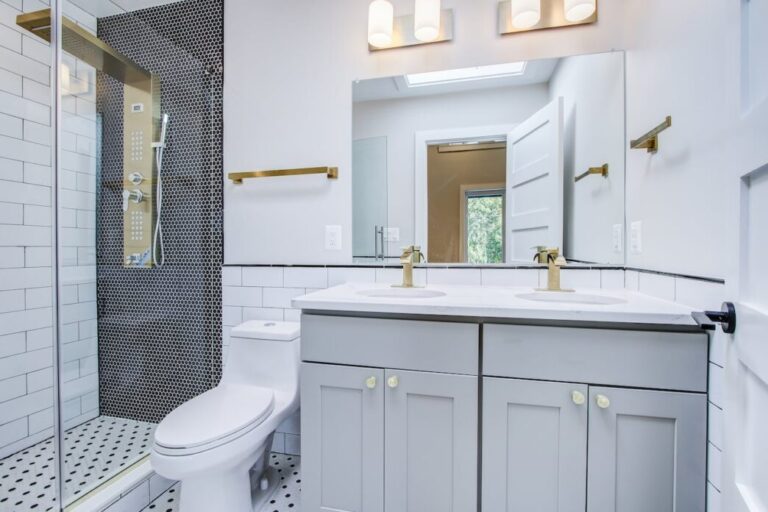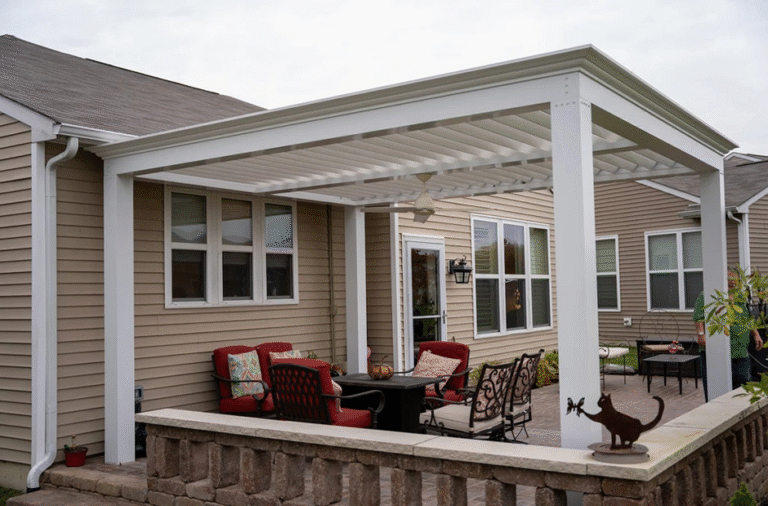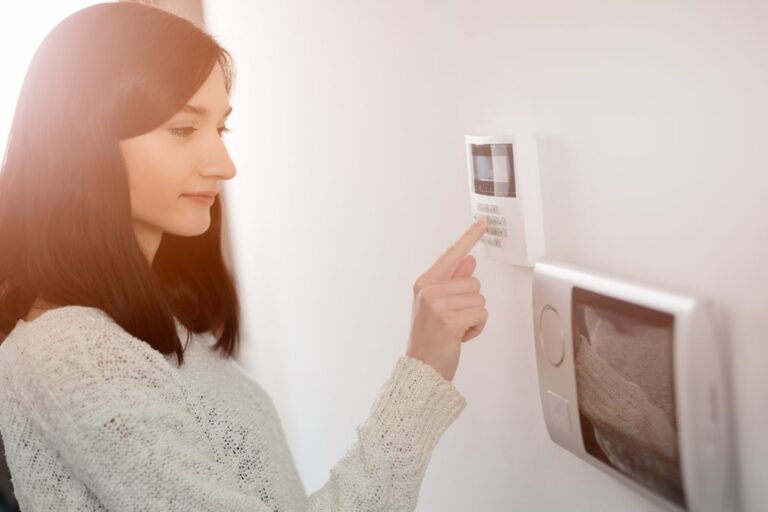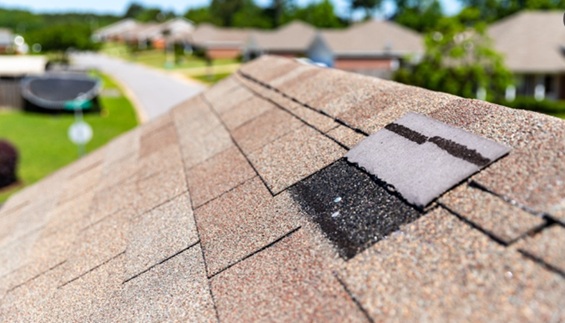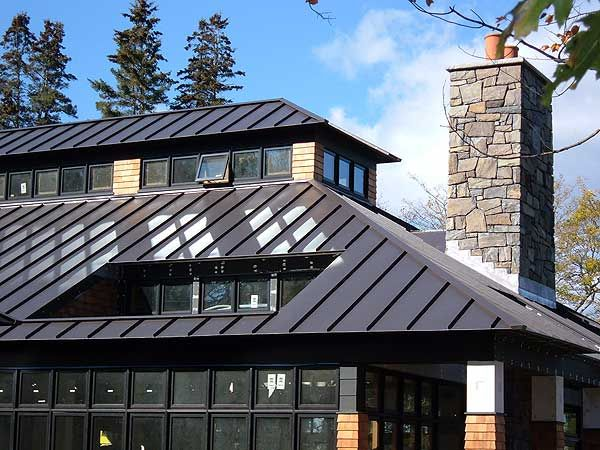When your roof needs repairs or replacement, choosing the right contractor matters. Many homeowners wonder whether to hire a large, out-of-town company or a local roofer. In most cases, local roofing contractors are the better choice. They offer faster service, local knowledge, and stronger accountability.
Understanding Local Weather
Local roofing contractors understand the weather in your area. Roofs face different challenges depending on the climate. Heat, rain, wind, and storms all affect roofing materials. Local roofers know which products perform best in local conditions and how to install them properly for long-term protection.
Faster Response Times
Roof problems often need quick attention. Local contractors can respond faster than companies based far away. If a leak or storm damage happens, a local roofer can inspect and repair the roof sooner. Quick action helps prevent further damage to your home.
Knowledge of Local Codes
Building codes and permit rules vary by location. Local roofers are familiar with city and county requirements. This helps avoid delays, failed inspections, or fines. Proper permits and code-compliant work protect homeowners from future issues.
Personal Service and Communication
Local roofing companies rely on their reputation in the community. This means better communication and customer care. Homeowners can speak directly with the team handling their project. Clear updates and honest answers help reduce stress during roofing work.
Easy Follow-Up and Warranty Support
If you need help after the job is done, a local roofer is easier to reach. Out-of-town companies may leave the area once the work is finished. Local contractors stay nearby and can return quickly if issues arise. This makes warranty support more reliable.
Supporting the Local Economy
Hiring a local roofing contractor supports local jobs and businesses. This helps strengthen the community. Many homeowners appreciate knowing their money stays in the area and supports neighbors.
RoofElite Is Your Local Roofing Partner
At RoofElite, we are proud to serve our local community with dependable roofing services. We understand local weather, follow all codes, and respond quickly when homeowners need help. By choosing a local contractor, we make sure your roof is built to last and your home stays protected year-round.
This post was written by a professional at RoofElite. RoofElite is one of the top roofing contractors in Oldsmar FL, proudly serving Central Florida with fully licensed and insured service. As licensed roofers near you, we specialize in metal, shingle, tile, and flat roofing. Known for exceptional craftsmanship and lasting results, we’re among the best roofers near you for installation, repairs, and more. Trust RoofElite for durable, high-quality roofing solutions.

